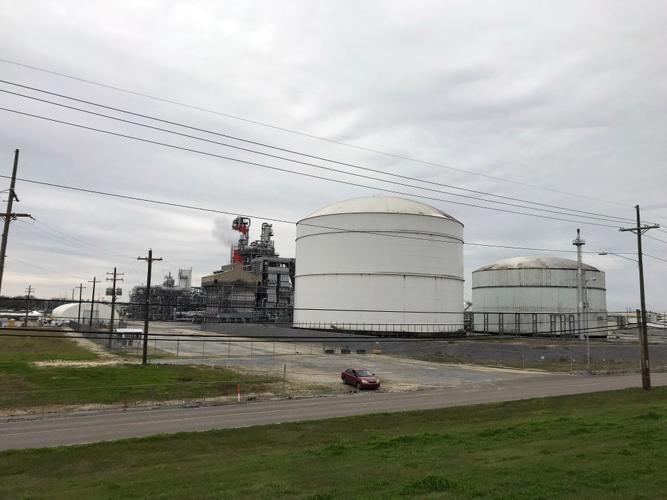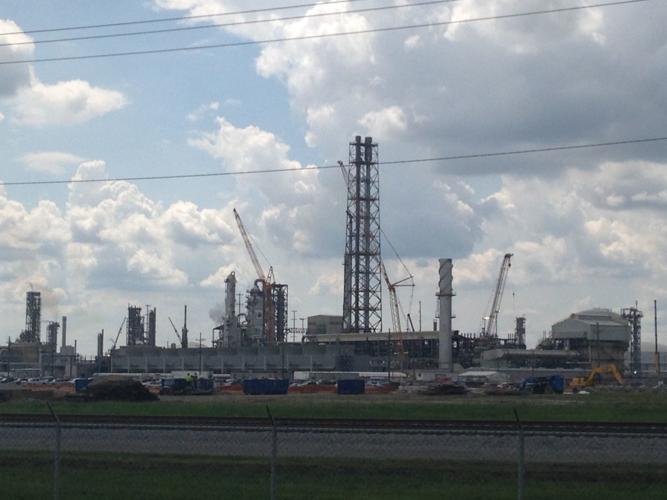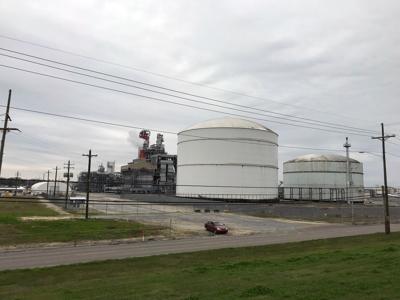Australia-based Incitec Pivot will sell its fertilizer plant at the Cornerstone facility in Waggaman to CF Industries, which owns a nitrogen complex in Donaldsonville.
Incitec said the $1.675 billion deal includes a $425 million agreement with CF Industries to provide 200,000 tons of ammonia per year for up to 25 years to its subsidiary Dyno Nobel, a Utah-based fertilizer and industrial explosives maker.

The CF Industries fertilizer complex near Donaldsonville went through a $2.1 billion expansion in 2018 and 2019. (Staff photo by David J. Mitchell)
Incitec said its plant at the Cornerstone complex manufactures more ammonia than it needs for Dyno Nobel's manufacturing operations elsewhere, and the company has been looking for ways to make money off of that surplus. The deal, which was announced this week, will allow the company to do that while still ensuring Dyno Nobel gets the ammonia that it needs.
CF Industries, which manufactures hydrogen and nitrogen products, already has a pipeline connection between the Donaldsonville and Waggaman plants.
The sale remains subject to federal anti-trust regulatory clearance and other closing conditions, and the ammonia supply agreement is contingent on the sale.
Ammonia is found naturally in the environment, including in soil, but is also a common industrial product that, at high concentrations, can irritate and damage the eyes, nose, throat and lungs.
The CF Industries plant in Donaldsonville, which is across the river from Gonzales, had an ammonia leak at the in December. There were indications some of the gas may have gotten offsite, though no injuries were reported.
As for climate change, the Donaldsonville plant — the largest ammonia production facility in the world at 4.34 million tons per year — was Louisiana's largest greenhouse gas emitter in 2019, at 10 million tons, according to a recent LSU study.
The company says it is on its way to decarbonizing our ammonia production network through upgrades and conversions to cleaner processes, and expects to eventually qualify for state tax breaks for carbon sequestration.
The Dyno Nobel plant, which opened in October 2016, employs about 90 people. It can produce up to 880,000 tons of ammonia per year and has a 38,500-ton ammonia storage tank onsite. The facility can transport ammonia by pipeline, barge, truck and rail.
Dyno Nobel, one of a handful of tenants at the 800-acre Cornerstone facility, is currently seeking state permits to build a cogeneration boiler at the facility, a move that has drawn some opposition from neighborhood and environmental groups. Communities up and down the Mississippi River have been increasingly pushing back in recent against the expansion of heavy industry in recent years, citing air quality, health and safety concerns that come from living so close to plants.




